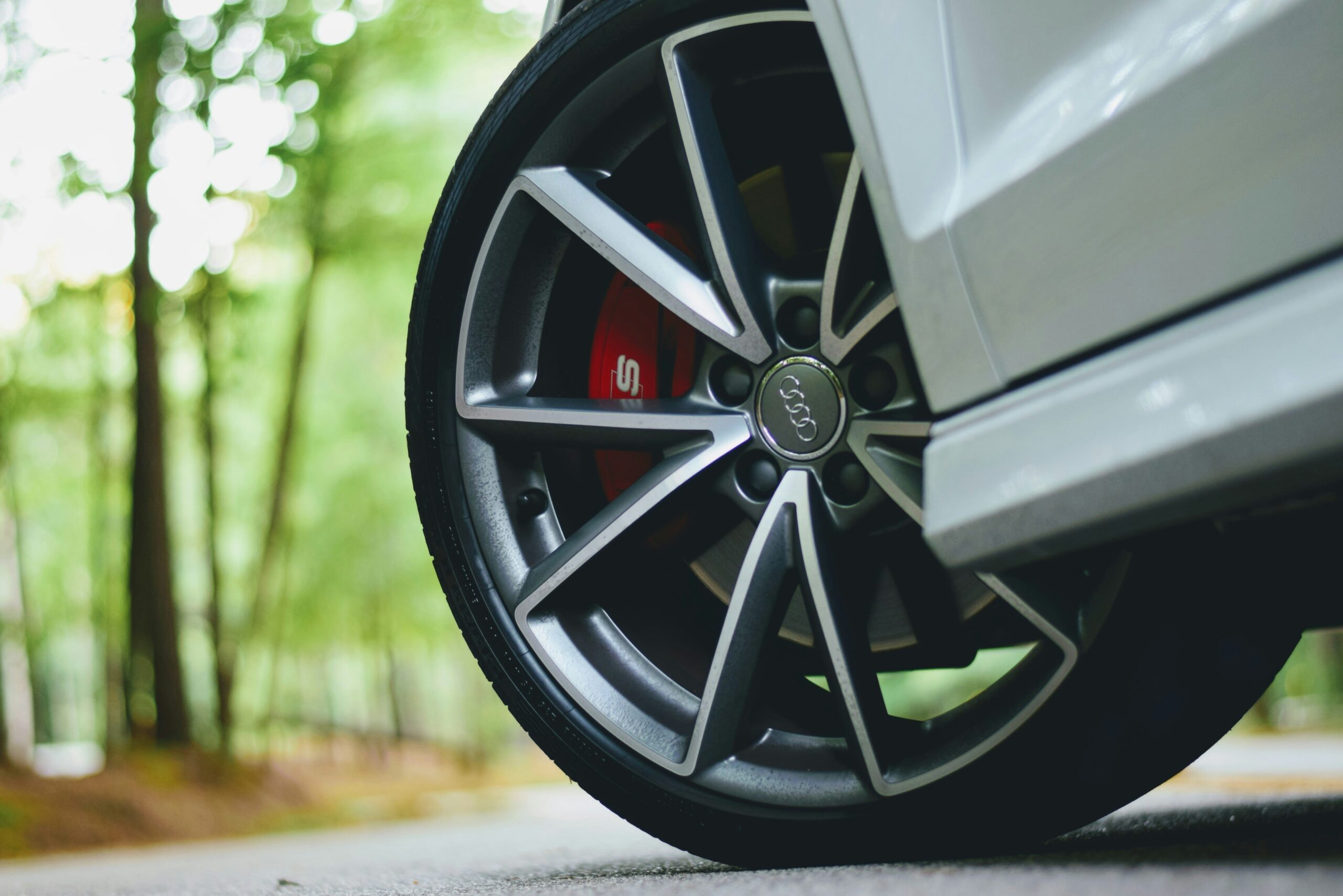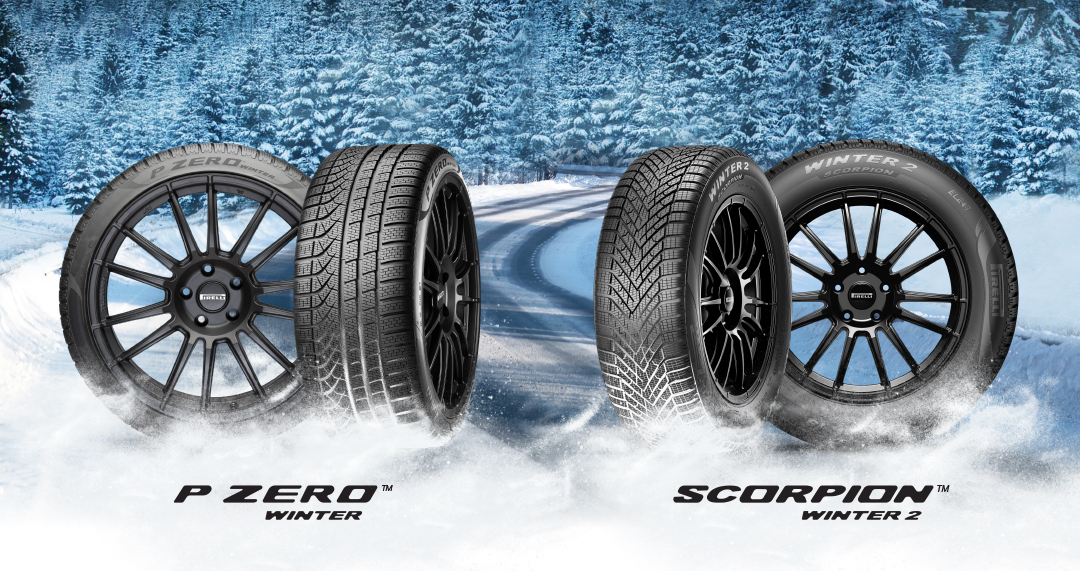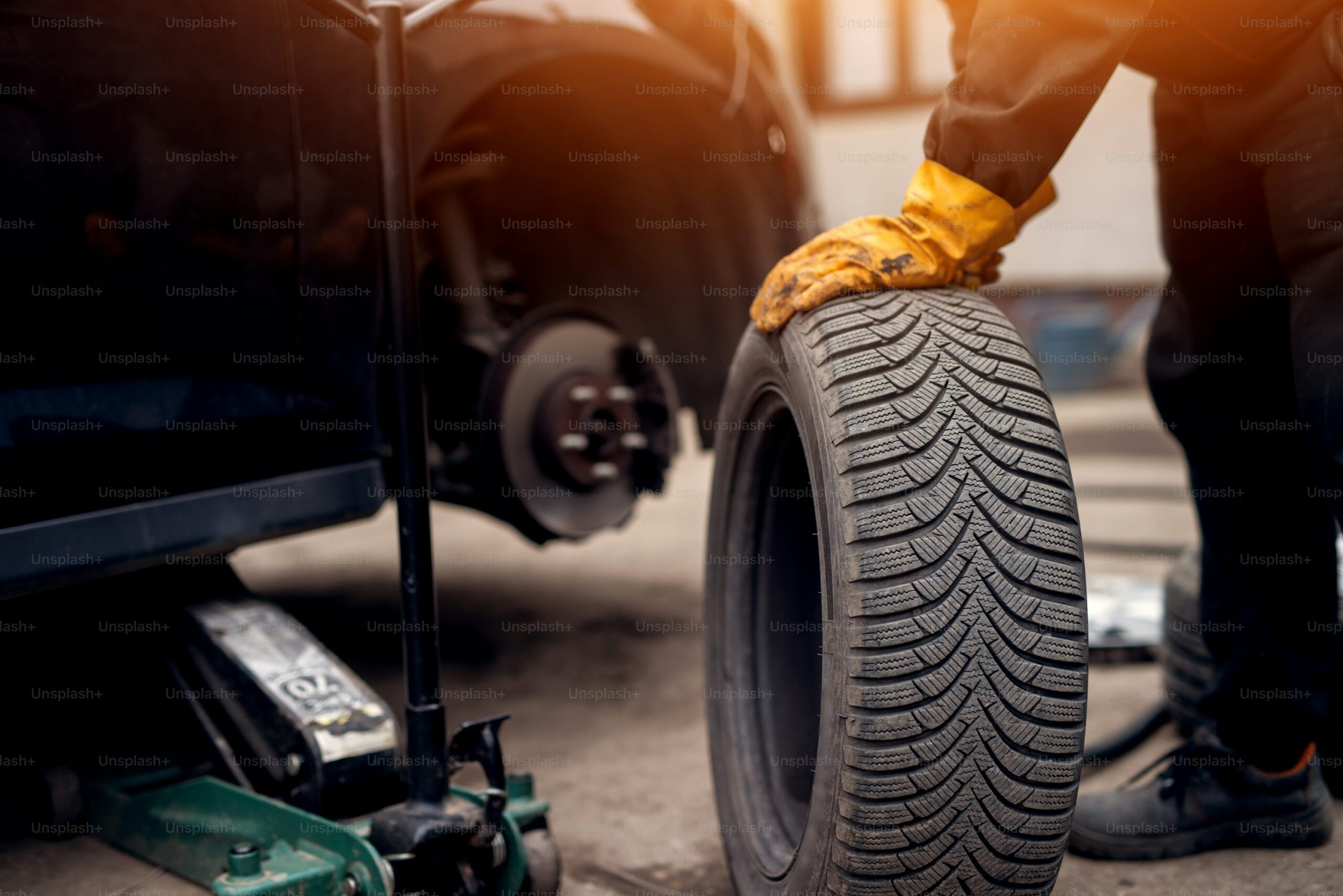Last Updated on January 15, 2025
Exploring the Benefits and Differences of Compressed Air and Nitrogen in Tires
Nitrogen inflates race cars and airplane tires instead of regular compressed air and commercial truck tires. Many garages and tire shops offer compressed nitrogen for automobile and truck tires.
Nitrogen in Tires: Making the Right Choice for Your Vehicle
When it comes to tire inflation, the debate over nitrogen versus compressed air has piqued the interest of many drivers. The focus keyword, “nitrogen in tires,” holds the key to unlocking the advantages and disadvantages of this choice. In this blog, we’ll delve into the world of nitrogen in tires and help you navigate the decision-making process for your vehicle’s tire maintenance.
The Advantages of Nitrogen in Tires
- Consistent Tire Pressure: Using nitrogen in tires has a notable advantage—constant tire pressure. Unlike compressed air, which can be affected by temperature changes, nitrogen remains stable. This stability enhances your vehicle’s handling and ensures a smoother ride.
- Enhanced Fuel Efficiency: Stable tire pressure translates into improved fuel efficiency. When your tires are properly inflated, there is less rolling resistance, making it easier for your vehicle to move. This can lead to better gas mileage and potential savings at the fuel pump.
- Extended Tire Lifespan: Nitrogen-filled tires experience less oxidation and corrosion on the inside due to the absence of moisture. Preserving your tire’s internal structure can extend its lifespan, reduce the risk of blowouts, and improve overall safety.
Nitrogen vs. Compressed Air
On the other side of the spectrum is compressed air, the traditional choice for tire inflation:
- Pressure Fluctuations: Compressed air contains moisture, resulting in pressure fluctuations as temperatures rise and fall. This means you may need to monitor and adjust your tire pressure more frequently with compressed air.
- Availability: Compressed air is available at gas stations, tire shops, and most garages. This accessibility makes it convenient for regular tire maintenance.
- Affordability: Compressed air is typically more budget-friendly than nitrogen. Many service stations offer free compressed air for topping up tires.
Should I fill my car or light truck tires with nitrogen despite the cost?
That’s up to you. However, there is consensus that the benefits of nitrogen are much more important for large commercial and race car tires than regular automobile tires. Commercial tires carry hefty loads, which increases inflation seepage, and race car tires use nitrogen to prevent fires from fueling.
Inflation seepage is much less critical for non-commercial automobile tires. The best way to keep your tires properly inflated, with or without nitrogen, is to check their pressure once per month.
Interior moisture is also of minor significance for passenger vehicles. Again, if you fill your tires with compressed air, you will probably have to replace your tires for worn tire tread long before there is any notable interior moisture damage.
Don’t forget that tire manufacturers design their tires to be filled with regular compressed air, and they do an excellent job.
The Decision: Nitrogen in Tires or Compressed Air?
The choice between nitrogen and compressed air depends on your specific preferences and priorities:
- Nitrogen in Tires: If you prioritize stable tire pressure, potential fuel savings, and extended tire life, nitrogen is an excellent choice. It’s ideal for drivers who want consistent performance and safety, even if it costs slightly more.
- Compressed Air: Compressed air is a practical and readily available option for those who value convenience and are conscious of budget constraints. While it may require more frequent pressure checks, regular maintenance ensures safe and efficient driving.
In conclusion, nitrogen in tires and compressed air have their merits, and your decision should align with your unique needs and driving habits. Regardless of your choice, regular tire maintenance, including pressure checks and rotations, remains essential to keep your vehicle safe and performing at its best on the road.
Conclusion
Choosing between nitrogen in tires and compressed air is crucial when maintaining the proper tire pressure for your car or truck. Nitrogen in tires offers benefits such as improved tire pressure retention and potentially better fuel efficiency. However, weighing these advantages against the cost and availability of nitrogen is essential.
Compressed air is readily available at most service stations and is perfectly suitable for regular tire inflation. Your decision should depend on your needs, driving habits, and budget. For all your tire-related needs and expert guidance, turn to Tires Easy, where you can find the right tires and inflation solutions for your vehicle.
Ready to make the right choice for your tires?
Visit Tires Easy today to explore a wide range of tires and inflation options, ensuring your vehicle stays safe and performs at its best. Don’t compromise on your tires – trust Tires Easy for quality and convenience.
FAQs
Is it reasonable to put nitrogen in your tires?
Nitrogen inflation in your tires can be a beneficial choice. Nitrogen is less prone to pressure fluctuations due to temperature changes, resulting in more stable tire pressure. This stability can improve fuel efficiency, extended tire lifespan, and better handling. Additionally, nitrogen typically contains less moisture, reducing the risk of corrosion on your wheels and minimizing the chances of a sudden blowout. So, putting nitrogen in your tires can be a smart move for better tire performance and safety.
Can you put air in tires with nitrogen?
You can safely top up nitrogen-filled tires with regular compressed air when necessary. However, it’s crucial to maintain the nitrogen-to-air ratio at recommended levels. Mixing air with nitrogen won’t completely negate the benefits of nitrogen in tires but may reduce some of its advantages, such as stable tire pressure. In emergencies or situations where nitrogen isn’t readily available, adding air to fill nitrogen in tires is a practical solution to maintain safe tire pressure.
What are the disadvantages of nitrogen-filled tires?
While nitrogen offers several advantages, it’s essential to consider the potential drawbacks. One primary disadvantage is the cost associated with nitrogen tire inflation. Nitrogen may be more expensive to fill than conventional compressed air. Additionally, locating a nitrogen filling station may not be as convenient as finding a regular air compressor. Lastly, some drivers may not notice a significant difference in everyday driving, making the nitrogen investment less appealing.
How much does it cost to refill nitrogen in tires?
The cost of refilling nitrogen in your tires can vary based on your location and the service provider. On average, nitrogen tire inflation might range from $5 to $10 per tire. Some dealerships and service centers may offer it as a complimentary service when you purchase tires from them. It’s a good practice to inquire with your local tire shop or service station to get specific pricing information in your area.
-
Automotive Specialist
-
Proofreader
-
Writer










 English
English Français
Français Español
Español